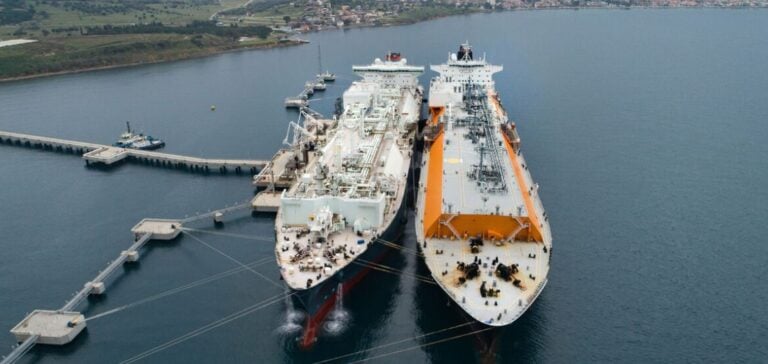Argentina, under the presidency of Javier Milei, recently approved major economic reforms aimed at revitalizing its energy sector. These reforms include the privatization of Enarsa and the introduction of incentives for large-scale infrastructure projects in the oil and gas sector. The lower house of parliament approved these measures on June 28, following prior approval by the Senate.
The reforms aim to attract investment by offering 30 years of legal and regulatory stability for projects exceeding $200 million. These measures also include tax and export tax exemptions, as well as easier access to foreign currency. In addition, Argentina’s hydrocarbon sector is going through a rough patch after an offshore drilling failure for Equinor.
Impact on energy investments
YPF, Argentina’s leading oil and gas company, plans to exploit these incentives to build an LNG export terminal and associated pipelines to bring gas from the Vaca Muerta field to the Atlantic. The project calls for an export capacity of 120 million cubic meters per day by 2031, with a first phase using floating terminals as early as 2026.
The incentives offered by RIGI (Regimen de Incentivos para Grandes Inversiones) are essential to the realization of this project. For projects exceeding $1 billion, additional benefits are provided, such as tax exemptions after two to three years, and import tax exemptions for parts and other goods related to the project.
Partnerships and prospects
YPF is collaborating with Petronas, a Malaysian company, on this project. Together, they account for 50% of total exports, while other gas producers share the remaining 50%. The first step is to install a floating terminal to export 6 million cubic meters per day from 2026 or 2027.
Incentive reforms are crucial to the realization of this ambitious project. According to Horacio Marín, CEO of YPF, without RIGI, the Argentine LNG project could be in jeopardy.
Investors and international partners are keeping a close eye on these developments, which could transform Argentina’s energy landscape.






















